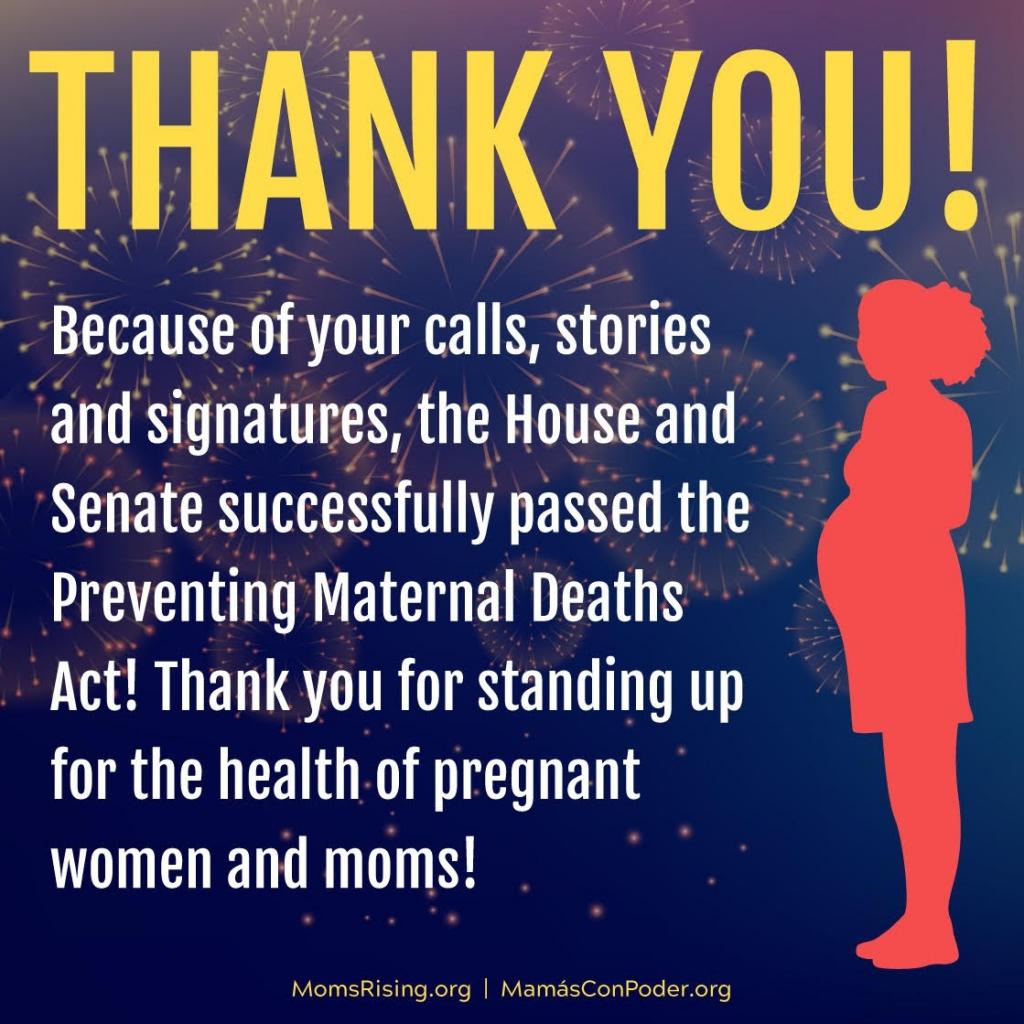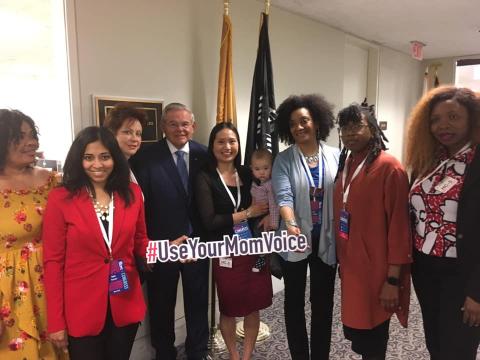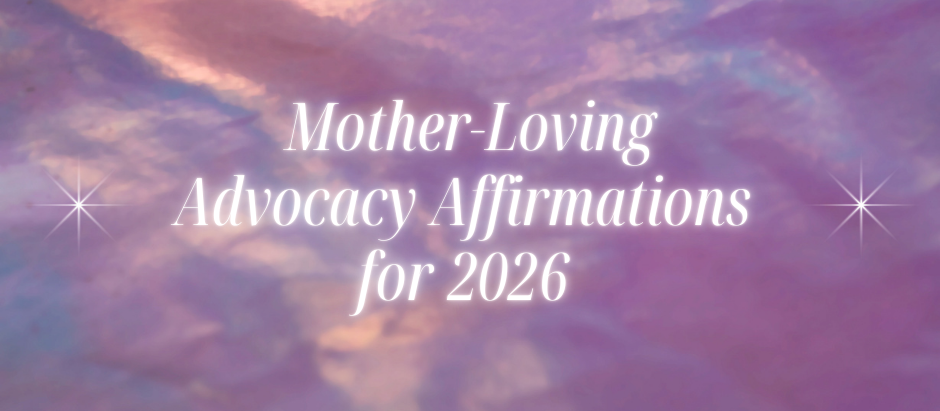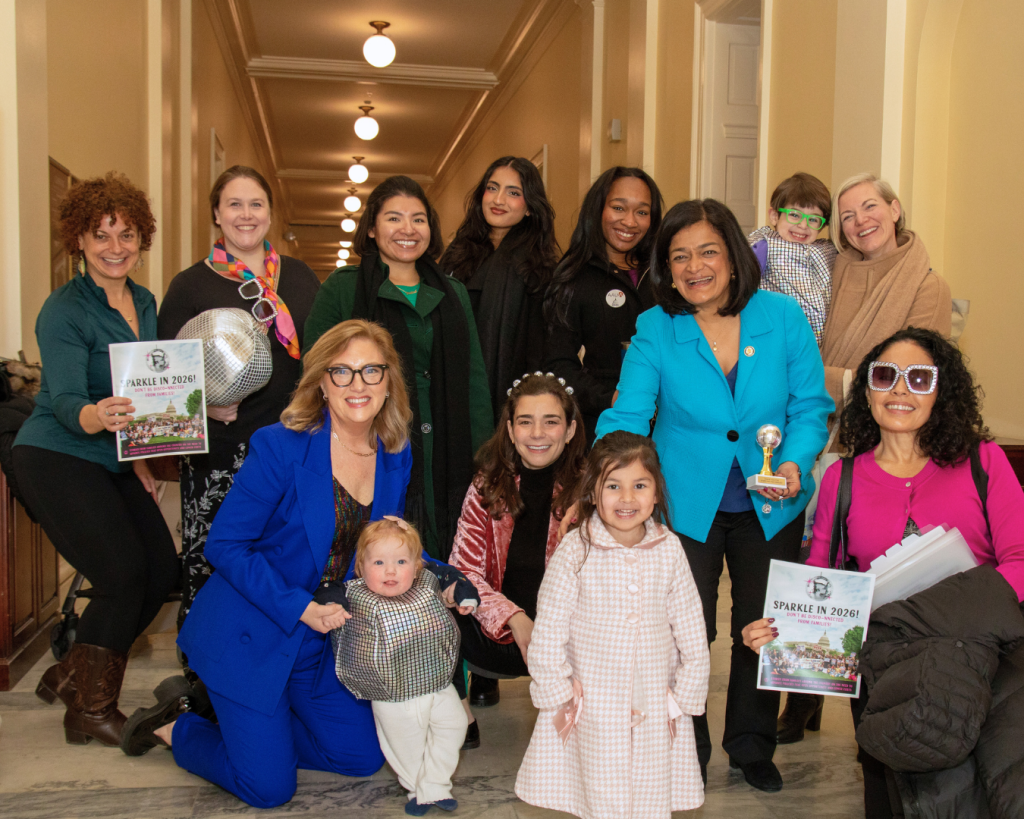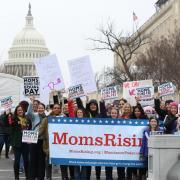Maternal Justice
Maternal Mortality Crisis
The United States has the worst maternal death rates of any developed country. Black women are three to four times more likely to die from pregnancy complications than white women, independent of age, parity or education. Every year in this country, 700 - 900 women die from pregnancy or childbirth-related causes, and some 65,000 suffer severe complications. The Centers for Disease Control and Prevention estimates that 60 percent of maternal deaths in this country are preventable. And, according to the World Health Organization, we are the ONLY industrialized nation in the world where maternal deaths are rising, not falling.
Our team continues to work hard to make maternal mortality, and specifically the crisis in Black maternal health a key issue for leaders on the local, state, and national levels. Check out our factsheet to learn more about why we must address maternal mortality and morbidity in the United States.
Visit here for monthly Maternal Justice Legislative & Policy Updates!
Our Wins
Congress passed the Preventing Maternal Deaths Act, in December of 2018. This was an incredible, powerful and groundbreaking win for pregnant women and moms throughout our country! And it happened because of our incredible MomsRising members.
Standing Up for Maternal Health at Mom Congress 2019
On Twitter? Please join us for our monthly #MaternalJustice Twitter chats, last Monday of every month at 8-9pm ET. Search and follow the hashtag #MaternalJustice on Twitter for information and discussion.
Blog posts
Take Action
Join us on March 14th for a virtual Maternal Mental Health Advocacy Day so that legislators can hear directly from families about why investing in maternal mental health is important!
Our military moms have a 2-3 times higher risk than other moms of experiencing a maternal mental health complication. Let’s honor them by demanding that Congress do something about this awful disparity by supporting the MOMS Act.
Today is Black Women’s Equal Pay Day. Join in on the action by calling on Congress and the Trump Administration to pass policies that close the wage gap!
No mother should have to grieve the loss of a pregnancy and face charges for the loss of that pregnancy. Brittany Watts, a Black mother of 3, who had every intention of carrying her pregnancy to term is unduly charged with abuse to a fetus.
